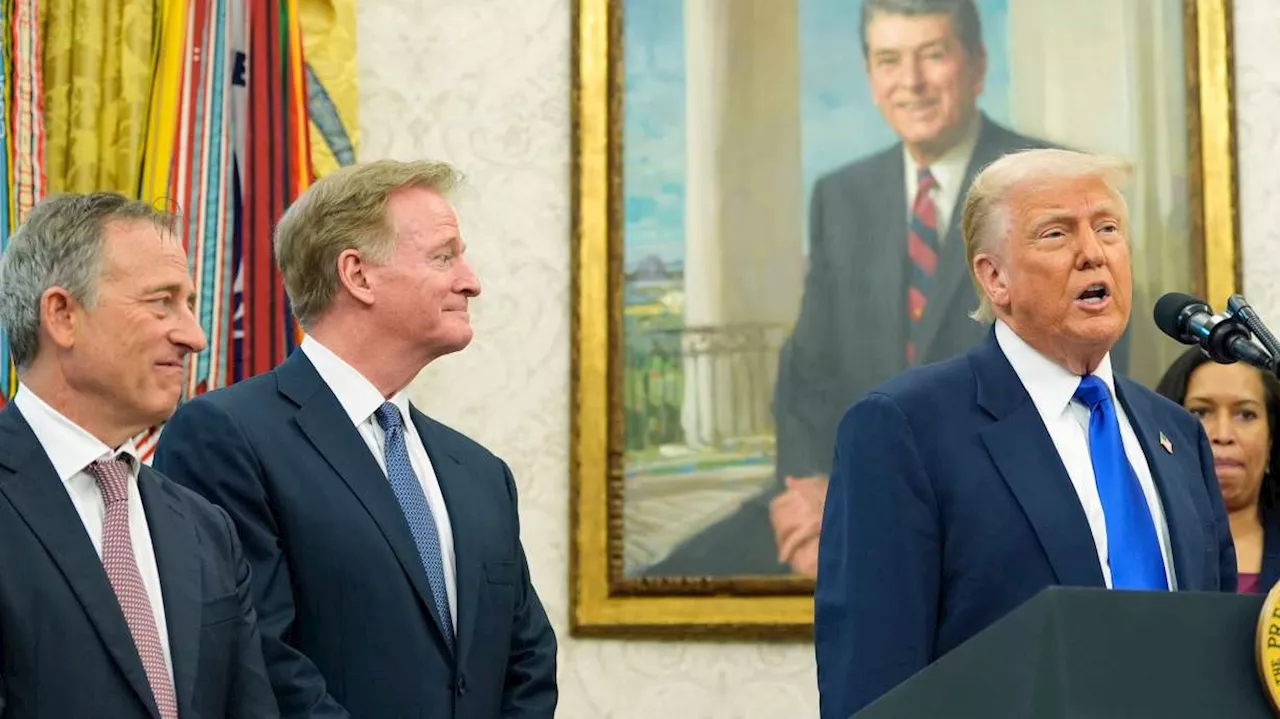UPDATE: President Donald Trump has just announced that he has commuted the sentence of former U.S. Representative George Santos, who is currently serving over seven years in federal prison for fraud and identity theft. This significant decision comes just days after Santos began his prison term on July 25, 2025, at the Federal Correctional Institution in Fairton, New Jersey.
Santos, once a rising star in the GOP, pleaded guilty to serious charges including deceiving campaign donors and stealing the identities of at least 11 individuals, including family members, to fund his political aspirations. His sentencing on April 25, 2025, was particularly harsh due to a lack of remorse perceived by the judge, despite Santos claiming he was unjustly treated.
“I just signed a Commutation, releasing George Santos from prison, IMMEDIATELY,” Trump posted on his social media platform, emphasizing the urgency of the action. This development is likely to stir controversy, as Santos had previously appealed for clemency, arguing that his sentence was politically motivated.
The commutation follows a pattern of Trump granting leniency to fellow Republicans since reclaiming the White House in January. Notably, he recently pardoned former U.S. Representative Michael Grimm and former Connecticut Governor John Rowland, both of whom faced legal troubles in the past.
Santos, who made headlines as the first openly gay Republican elected to Congress in 2022, faced a rapid downfall after it was revealed he fabricated details about his life, including his educational background and professional achievements. Investigations into his campaign funding practices surfaced, leading to his eventual expulsion from the House of Representatives—making him one of only six members to be ousted in the chamber’s history.
The implications of Trump’s decision to commute Santos’ sentence are far-reaching. Prominent figures, including U.S. Representative Marjorie Taylor Greene, have supported Santos, labeling his punishment a “grave injustice” resulting from judicial overreach. This high-profile act of clemency is expected to provoke discussions about fairness in sentencing and the influence of political connections in the judicial process.
Moving forward, all eyes will be on how this commutation affects Santos’ political future and the broader implications for the GOP as it navigates its image amidst ongoing scrutiny of its members’ actions. The political landscape is shifting, and Santos’ release could reignite debates about ethics and accountability within the party.
As this story develops, keep an eye on further announcements from Trump and reactions from the political community regarding this controversial decision.







